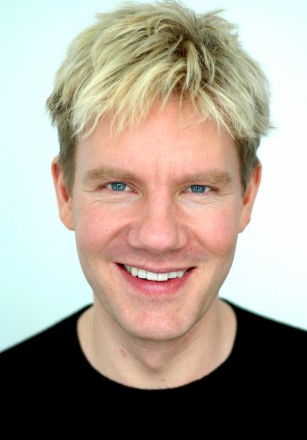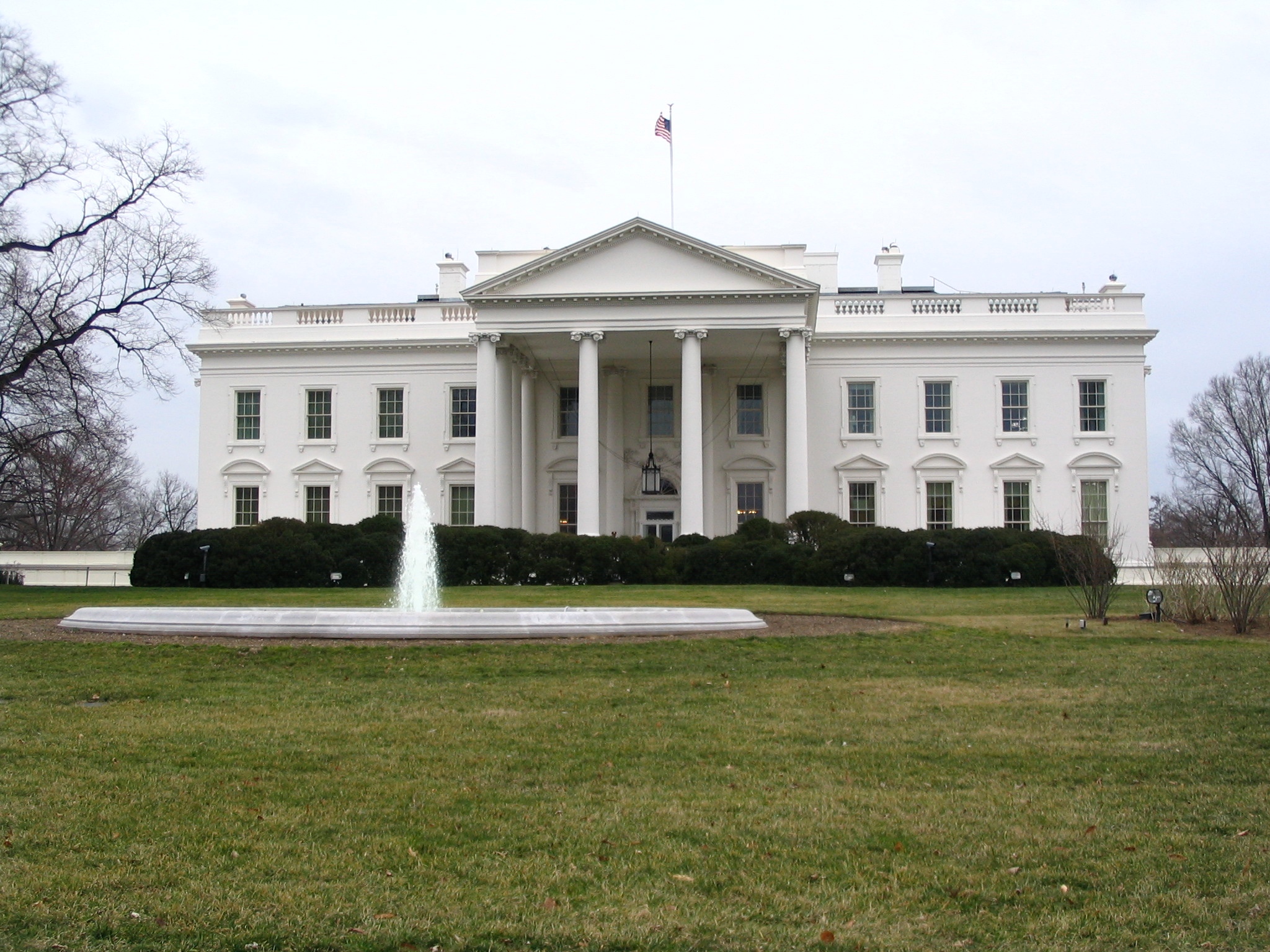The White House today announced the members of President Obama’s Council of Advisers on Science and Technology. The distinguished group will be co-lead (unsurprisingly) by John Holdren, the president’s top science adviser and an environmental science expert.
Other climate/energy experts on the panel include:
Rosina Bierbaum, a widely-recognized expert in climate-change science and ecology, is Dean of the School of Natural Resources and Environment at the University of Michigan. Her PhD is in evolutionary biology and ecology. She served as Associate Director for Environment in OSTP in the Clinton Administration, as well as Acting Director of OSTP in 2000-2001. She is a member of the American Academy of Arts and Sciences.
Mario Molina is a Professor of Chemistry and Biochemistry at the University of California, San Diego and the Center for Atmospheric Sciences at the Scripps Institution of Oceanography, as well as Director of the Mario Molina Center for Energy and Environment in Mexico City. He received the Nobel Prize in Chemistry in 1995 for his role in elucidating the threat to the Earth’s ozone layer of chlorofluorocarbon gases. The only Mexican-born Nobel laureate in science, he served on PCAST for both Clinton terms. He is a member of both the National Academy of Sciences and the Institute of Medicine.
Ernest J. Moniz is a Professor of Physics and Engineering Systems, Director of the Energy Initiative, and Director of the Laboratory for Energy and the Environment at MIT. His research centers on energy technology and policy, including the future of nuclear power, coal, natural gas, and solar energy in a low-carbon world. He served as Under Secretary of the Department of Energy (1997-2001) and Associate Director for Science in the White House Office of Science and Technology Policy (1995-1997).
Daniel Schrag is the Sturgis Hooper Professor of Geology in the Department of Earth and Planetary Sciences at Harvard University and Professor of Environmental Science and Engineering in the School of Engineering and Applied Sciences. He is also Director of the Harvard University-wide Center for Environment. He was trained as a marine geochemist and has employed a variety of methods to study the carbon cycle and climate over a wide range of Earth’s history. Awarded a MacArthur Prize Fellowship in 2000, he has recently been working on technological approaches to mitigating future climate change.



